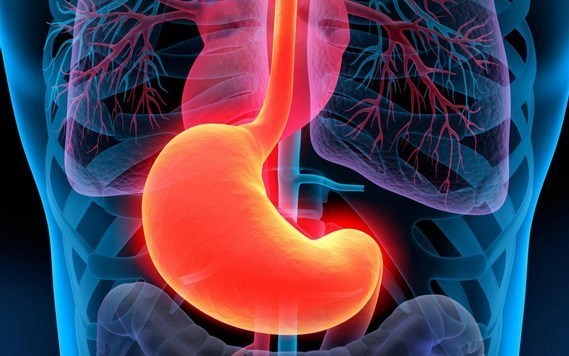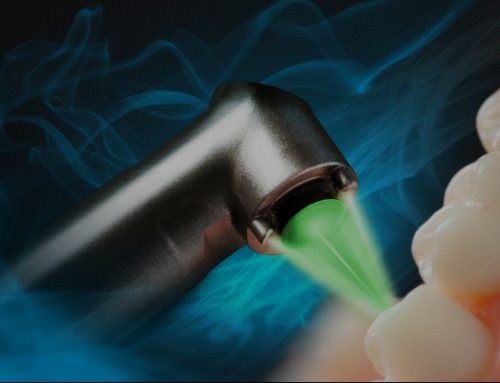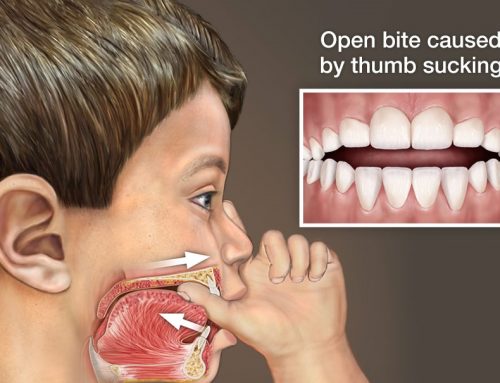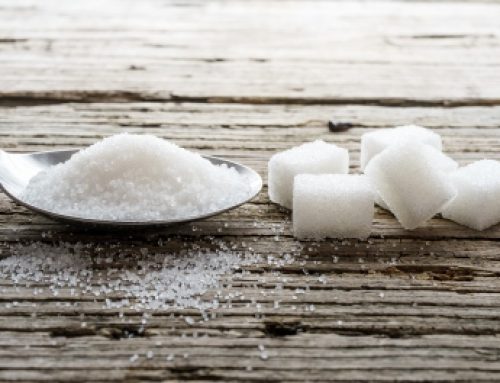Heartburn and stomach acid regurgitation are conditions that affect the gastrointestinal tract, including the teeth. Approximately seven percent of the population experience heartburn on a daily basis, and 34% experience heartburn on a weekly basis. Most individuals affected are 40 years or older; however, children and infants are not immune to heartburn which can impact both oral and systemic health.
Signs of Gastric Acid on Your Teeth
You may be well aware of the presence of gastric acid in your mouth or your dentist may inform you of signs of acid erosion during a routine dental exam. Dental erosion is defined as the progressive loss of hard tissues of the teeth by a chemical process not including bacteria. Common signs of dental erosion include:
- “Loss of gloss” – Teeth develop a dull shade and lose their natural lustrous appearance
- Presence of rounded tooth edges
- Yellowing of the teeth
- Increased tooth sensitivity
- Translucent appearance of the teeth (see picture below)
- Dimpled appearance on the biting surfaces of molar teeth

Underlying Causes
Identifying the underlying cause for why acid is being released into the mouth is important for both a patient’s oral and systemic health. Common medical conditions contributing to an increased amount of gastric acid in the mouth include gastric acid reflex syndrome and bulimia nervosa. Frequent vomiting due to morning sickness, chronic alcoholism, or chemotherapy treatment are also medical causes of dental erosion. We encourage all individuals to seek medical treatment from a primary healthcare provider if stomach acid is present in the mouth on a frequent basis.
Home Care Recommendations
Recommendations to combat the effects of dental erosion include the following:
- Wait one hour after acid is present in the mouth to brush your teeth. When teeth are brushed immediately after exposure to a strong acid, the teeth are subject to penetration of the acid into the tooth surface. Use a low abrasive baking soda paste when brushing when possible.
- Rinse with water or mix a baking soda and water solution and rinse immediately after the acid exposure.
- Chew sugarless gum with xylitol to stimulate saliva flow.
- Hold a sugar-free antacid in the mouth to neutralize the acid.

In addition, your dentist may encourage you to avoid additional unnecessary acidic exposures to your oral tissues. Acidic foods include sour candies, soda, and fermented foods. Some individuals prefer to use straws when drinking acidic beverages to minimize additional acid exposure from acidic beverages such as soda, coffee, and citrus beverages.
Importance of Saliva
Proper saliva flow is important for patients who frequently have acid in their mouth. Saliva protects the oral tissues and teeth and acts as a neutralizing agent which combats the harmful effects of acid. If you think you may experience dry mouth (xerostomia), we encourage you to consult with your medical doctor and/or pharmacist in order to ensure that your medications may not be contributing to dry mouth and that you do not have any systemic medical conditions which may be contributing to dry mouth.
Early Intervention
Early intervention makes a long-term difference when frequent acid exposures exist in the mouth. Your team at Hogan Family Dental is prepared to help identify signs of frequent acid exposures and will make proper recommendations to minimize the effects of acid erosion.
Contact Us
Call (406) 234-2926 today to schedule your next dental checkup. Be sure to tell us if you are worried about the effects of stomach acid on your teeth.






